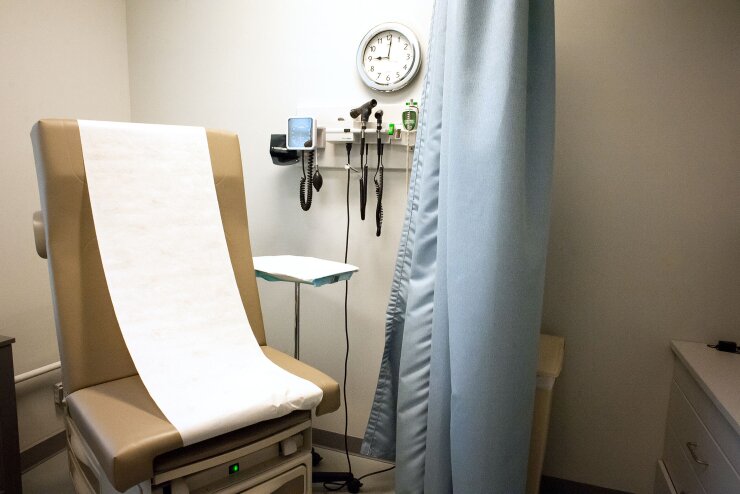Many people would argue that Oct. 31 is the scariest night of the year — not just because of Halloween, but because it’s also the last night before the open enrollment period for health insurance begins in the United States.
Open enrollment, which generally lasts from Nov. 1 until Dec. 15th, is the time when employed Americans can enroll in health insurance plans or modify the plans they currently utilize. But confusion about the Affordable Care Act, coupled with deep cuts to advertising and support programs meant to help people navigate
The vast majority of Americans receive health insurance through their employer, but most of us simply browse a benefits pamphlet and carry around the card we receive in the mail. This shouldn’t be the case. With proper communication and support from their employers, workers can uncover and optimize a wide variety of discretionary options that can help them select the right coverage for them and their families. What’s more, employees who feel secure in their employer-provided benefits and fully understand their options tend to be more engaged at work.

Employees shouldn’t have to navigate open enrollment on their own, though. Employers need to properly communicate benefit offerings to ensure that their employees get the most value out of their insurance options — as well as
See also:
Research has found that actively engaged employees who feel supported by their employer are more productive than their peers and that employee engagement has a direct impact on profitability.
Many workers don’t realize that health insurance is often a major part of their compensation package. The average price for an individual worker covered by a group plan (a.k.a. an employer-provided plan) in 2018 was $574 per month, while average coverage for a family of four on the same plan cost $1,634 according to the Kaiser Family Foundation. Moreover, employees often don’t think about the details of their health insurance options. A plan with a low premium and high deductibles might be better suited for a young, healthy worker, while the opposite arrangement might be better for an older worker who manages a chronic health condition.
See also:
One thing that is certain is that proper communication is key during open enrollment. Speaking to the Society for Human Resources Management, Meredith Ryan-Reid, Metlife’s senior vice president of group, voluntary and worksite benefits, said, “There’s no such thing as too much communication. No matter how many times you think you’ve shared something with employees, it takes a lot for the messages to get through.”
The most important lesson for employers wanting to help their workers navigate open enrollment is that employees need thoughtful, customized information delivered through the right channels in order to get the most out of their group health insurance. Communication needs to be tracked and measured so that management can determine which messages and tactics work best. Management should develop methods for soliciting feedback and look at which elements of their open enrollment communications plan worked well and which need further refinement year after year.
The end result should be a workforce that is properly supported by their healthcare when they need it. The peace of mind that comes with a thorough understanding of one’s healthcare options provides a powerful channel for employee satisfaction. If a company can provide that core benefit, greater employee engagement and productivity will follow.




